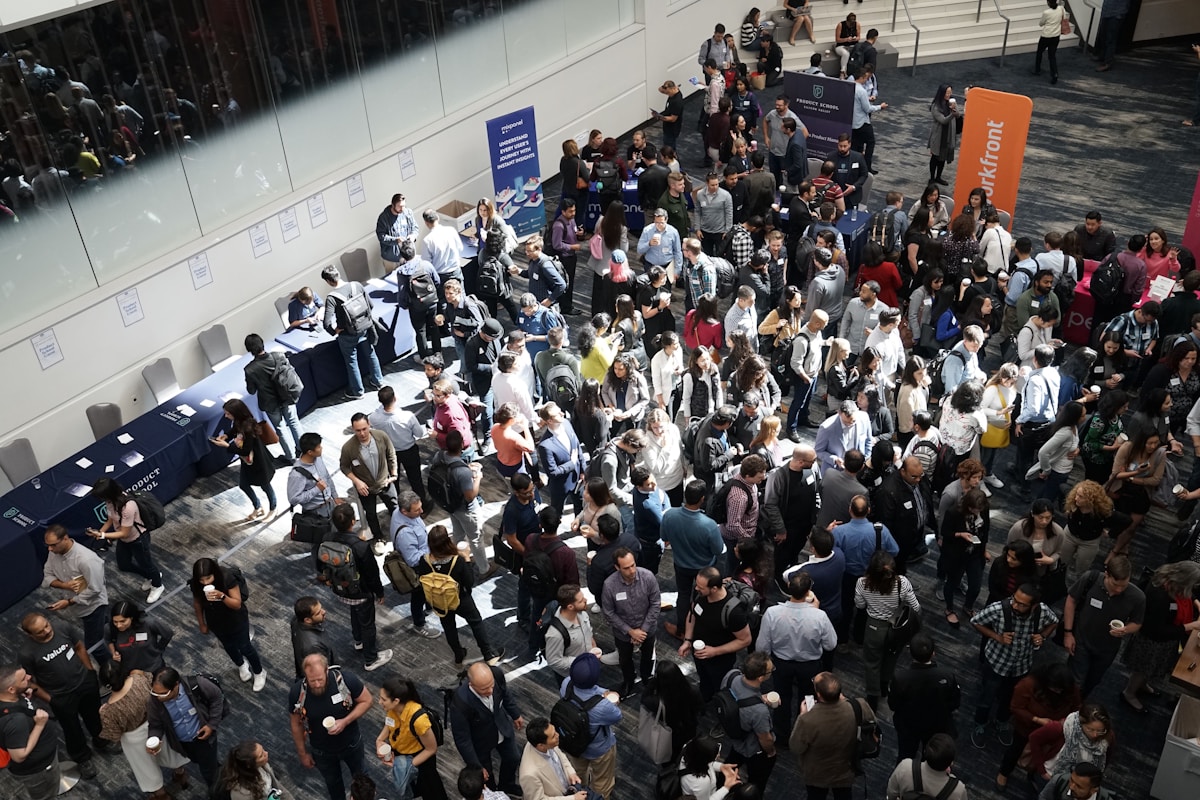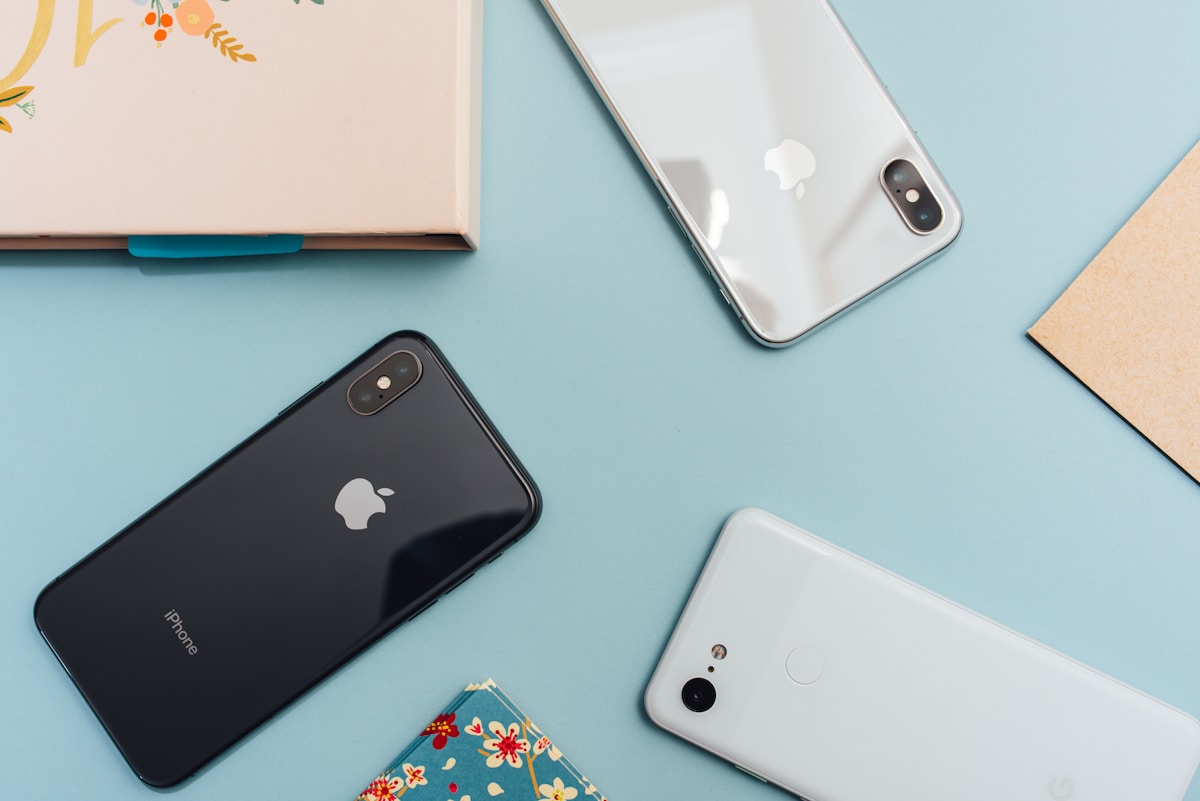Former Federal Trade Commission chair Lina Khan just delivered a massive I told you so to Microsoft. After the company announced a 50 percent price hike for Xbox Game Pass Ultimate to 30 dollars per month alongside thousands of layoffs across its gaming division, Khan took to social media arguing that everything the FTC warned about during the Activision Blizzard acquisition fight has come true. Her phrase, too big to care, perfectly captures the current sentiment around Microsoft’s post-merger behavior.
What Khan Actually Said
Khan’s post on X responded directly to Microsoft’s recent actions. Microsoft’s acquisition of Activision has been followed by significant price hikes and layoffs, harming both gamers and developers, she wrote. As we’ve seen across sectors, increasing market consolidation and increasing prices often go hand-in-hand. As dominant firms become too big to care, they can make things worse for their customers without having to worry about the consequences.
The timing of Khan’s statement is particularly pointed. Microsoft just announced Xbox Game Pass Ultimate is jumping from 20 dollars to 30 dollars per month, a whopping 50 percent increase. The company also revealed Xbox console prices are rising again in the United States after previous increases in other regions. Meanwhile, Microsoft has laid off thousands of gaming employees since closing the Activision deal in October 2023, shut down studios including Tango Gameworks before reversing that decision, and cancelled high-profile projects like the Perfect Dark reboot, Rare’s Everwild, and Contraband from Avalanche Studios.
The FTC’s Original Fight Against the Merger
Khan led the FTC when it sued to block Microsoft’s 70 billion dollar acquisition of Activision Blizzard in July 2022. The agency argued the merger was reasonably likely to substantially lessen competition and slash or tend to create a monopoly in both well-developed and new, burgeoning markets. Specifically, the FTC warned that consolidation would lead to price increases, reduced quality, fewer choices for consumers, and job losses as Microsoft pursued post-merger efficiencies.
Microsoft fought back hard, with executives testifying in court that Game Pass prices would not increase as a result of the Activision acquisition. The company positioned the deal as pro-consumer, arguing it would bring beloved franchises like Call of Duty to more players through Game Pass and expand access to Activision games across multiple platforms. Microsoft also signed non-exclusivity deals with competitors including Nintendo and Sony to undermine the FTC’s monopoly concerns.
The FTC ultimately lost its case, and the acquisition closed in October 2023. The commission formally withdrew its appeal in May 2025, nearly two years after the deal went through. Khan stepped down as FTC chair earlier in 2025, making her recent comments those of a private citizen rather than an active regulator.
The Call of Duty Game Pass Disaster
Bloomberg reported this week that Microsoft gave up more than 300 million dollars in sales by putting Call of Duty: Black Ops 6 on Game Pass at launch. According to a former employee cited in the report, 82 percent of the shooter’s full-price sales during its launch month in the United States came from PlayStation. That financial hit likely played a major role in the Game Pass price increase, since Microsoft needs to recoup revenue lost from day-one releases of major franchises.
The irony is thick. One of the biggest selling points for the Activision acquisition was the promise of Call of Duty on Game Pass. Fans celebrated the idea of accessing the massive shooter franchise through a subscription instead of paying 70 dollars annually. Now that vision is crumbling as Microsoft realizes the economics don’t work without either hiking subscription prices or pulling back on day-one releases for tentpole titles.
What Changed Since the Acquisition
Beyond price increases, Microsoft’s gaming division has undergone significant upheaval. Thousands of employees lost their jobs across Xbox, Bethesda, and Activision Blizzard teams. Studios were shut down or restructured. Game cancellations eliminated years of development work on titles fans were anticipating. The Perfect Dark reboot from The Initiative and Crystal Dynamics got axed despite years in production. Everwild from Rare, announced in 2019, was cancelled. Contraband from Avalanche Studios and Xbox Game Studios never made it past internal development.
Microsoft also announced that Game Pass is losing features while charging more. The Standard tier no longer includes day-one first-party releases, forcing players who want new Xbox games at launch to pay for the Ultimate tier. Meanwhile, additions like Fortnite Crew and Ubisoft Classics feel like padding to justify the higher price rather than meaningful value adds that subscribers actually requested.
The Too Big to Care Argument
Khan’s too big to care framing captures something fundamental about market consolidation. When companies reach a certain size and dominance, they stop worrying about competitive pressure because customers have nowhere else to go. Microsoft owns massive franchises like Call of Duty, Overwatch, Diablo, World of Warcraft, Starcraft, Candy Crush, Elder Scrolls, Fallout, Doom, Halo, Gears of War, Forza, and dozens more through acquisitions. That library creates lock-in effects where players stay subscribed even when prices rise because the alternatives don’t offer equivalent value.
The gaming industry has consolidated dramatically over the past decade. Microsoft bought Bethesda for 7.5 billion dollars in 2021, Activision Blizzard for 70 billion dollars in 2023. Sony acquired Bungie for 3.6 billion dollars. Embracer Group went on a buying spree purchasing dozens of studios before collapsing under debt and selling off assets. Tencent, Sony, Microsoft, and other giant corporations now control the majority of major gaming IP and development talent.
Community Response to Khan’s Comments
Reaction to Khan’s post split predictably along ideological lines. Some gamers who supported the acquisition accused Khan of pursuing a vendetta against Microsoft rather than legitimate antitrust enforcement. They argued the FTC was woefully unprepared for the lawsuit and focused on irrelevant issues like cloud gaming dominance rather than actual competitive harm. Others pointed out that Microsoft’s actions since the merger validated every concern Khan raised during the legal battle.
Reddit discussions highlighted the divide. One highly upvoted comment stated the FTC went after Microsoft for being too big in general, not for if the deal would allow them to dominate the industry, which they clearly haven’t. Another response countered that FTC pressure forced Microsoft into signing non-exclusivity deals, and without that pressure, Activision games including Call of Duty would absolutely be Xbox exclusives. The truth likely sits somewhere in the middle.
What This Means for Future Mergers
Khan’s tenure at the FTC represented a more aggressive approach to antitrust enforcement than the agency had taken in decades. She explicitly stated her goal was preventing big corporations from getting bigger through acquisitions, a position rooted in concerns about market power rather than narrow interpretations of consumer welfare. That philosophy clashed with Microsoft, Amazon, Meta, and other tech giants pursuing growth-through-acquisition strategies.
With Khan no longer at the FTC, future mega-mergers in gaming and other industries may face less regulatory scrutiny. The current political climate favors deregulation, and the FTC’s loss in the Microsoft case weakened its ability to challenge similar deals. Whether that’s good or bad depends entirely on perspective. Companies argue consolidation creates efficiencies and benefits consumers through better services. Critics like Khan contend it concentrates power, reduces competition, and ultimately harms everyone except shareholders.
Frequently Asked Questions
Who is Lina Khan?
Lina Khan served as chair of the Federal Trade Commission from 2021 until early 2025. She led the agency when it sued to block Microsoft’s acquisition of Activision Blizzard, arguing the deal would harm competition and consumers.
Why did the FTC try to stop Microsoft from buying Activision Blizzard?
The FTC argued the 70 billion dollar merger would substantially lessen competition, create monopolistic conditions in gaming markets, lead to price increases, and result in layoffs. Microsoft won the case, and the acquisition closed in October 2023.
How much did Xbox Game Pass prices increase?
Xbox Game Pass Ultimate increased 50 percent from 20 dollars to 30 dollars per month. Xbox console prices have also risen multiple times since the Activision acquisition closed.
How many people did Microsoft lay off after buying Activision?
Microsoft has laid off thousands of employees across its gaming division since completing the Activision acquisition in 2023. Exact numbers vary, but multiple rounds of layoffs affected Xbox, Bethesda, and Activision Blizzard teams.
Did Microsoft promise Game Pass prices wouldn’t increase?
Yes. Microsoft executives testified in court during the FTC case that Game Pass prices would not increase as a result of the Activision Blizzard acquisition. The 50 percent price hike contradicts that testimony.
How much money did Microsoft lose putting Call of Duty on Game Pass?
According to Bloomberg, Microsoft gave up more than 300 million dollars in sales by adding Call of Duty: Black Ops 6 to Game Pass at launch. The PlayStation version accounted for 82 percent of full-price US sales during launch month.
What games did Microsoft cancel after the Activision deal?
Microsoft cancelled several high-profile projects including the Perfect Dark reboot, Rare’s Everwild, and Contraband from Avalanche Studios. Multiple smaller projects were also reportedly shelved during post-merger restructuring.
Conclusion
Lina Khan’s too big to care critique lands harder now than it did during the FTC’s legal battle against the Microsoft-Activision merger. Price hikes, layoffs, studio closures, and game cancellations paint a clear picture of a company prioritizing profitability over the promises it made to regulators and consumers. Whether this validates Khan’s antitrust philosophy or simply reflects normal post-merger integration depends on where you stand. What’s undeniable is that Microsoft’s behavior since closing the deal matches the FTC’s warnings almost beat for beat. Khan gets to say I told you so, but for the thousands of laid-off developers and gamers paying 30 dollars per month for Game Pass, being right offers little comfort.


